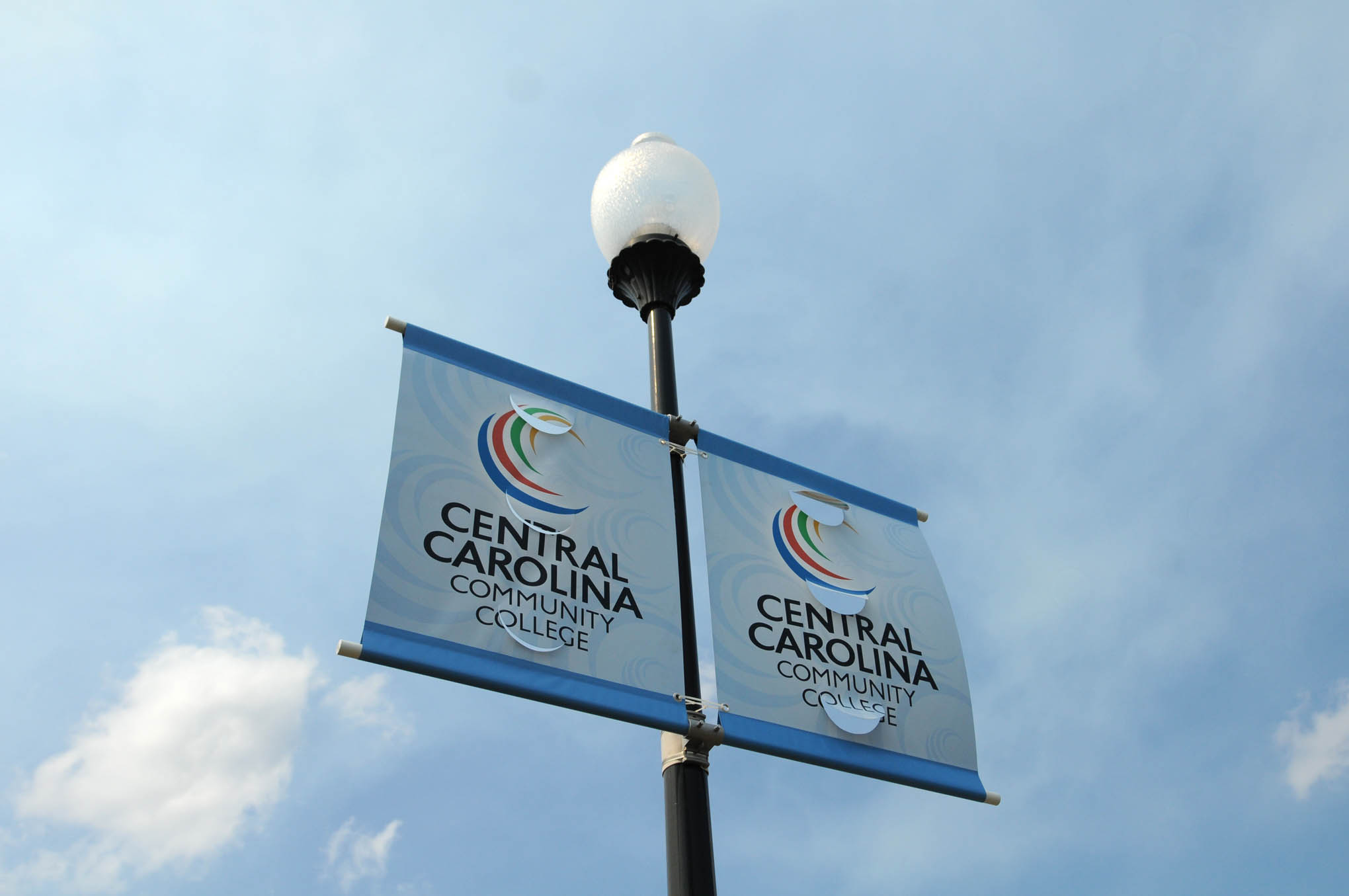College News
CCCC receives two BioNetwork grants
Notice: This article is older than 12 months. Names, contact information, programs, titles, etc. might have changed. If you have any problems please call the main college number, 1-800-682-8353, and we will be happy to direct you accordingly.
CCCC receives two BioNetwork grants
PITTSBORO� Central Carolina Community College�s biofuels education programs willrnmove forward in a big way, thanks to two BioNetwork Fund grants recently awarded to it by the North Carolina State Board of Community Colleges.
A $44,180 Phase II Biofuels Curriculum Development Grant will fund the creation of courses and workshops on biofuels production and utilization. The courses will be customized to address specific audiences, such as workers already in the biofuels industry, farmers growing crops to be made into biofuels, and entrepreneurs who want to start biofuels businesses.
These courses will be offered through the college�s Small Business Center in Chatham County. Biofuels courses for the general public will continue to be offered through the college�s Continuing Education Department.
The new $96,737 Biofuels Equipment Funding Grant will pay for equipment and supplies to expand fuel-testing capabilities in the biofuels analytics laboratory at the Chatham Campus.
The State Board of Community Colleges voted to award the grants at its September meeting. CCCC�s biofuels programs will serve as prototypes and provide educational resources to other community colleges that want to offer a biofuels program.
The new grants enable the college to build on the groundwork established in biofuels education by a previous BioNetwork grant. In 2006, the college received a $58,190 Phase I grant to research the work skills needed in the state�s growing biofuels industry and to develop a curriculum for a two-year Alte ative Energy Technology: Biofuels associate degree. The degree program, the first at a North Carolina community college, will be offered at CCCC�s Chatham County Campus starting in fall 2008.
Biofuels, the making of fuels out of plant and animal products, is a growing industry nationwide. They can be produced locally, cutting down on the dependence on foreign oil, decreasing air pollution, and keeping fuel profits in local economies.
CCCC has been offering biofuels education courses through its Continuing Education Department since 2002. In 2005, a $50,000 allocation from the General Assembly paid for equipment to start a basic biofuels analytical testing laboratory at the Chatham Campus.
CCCC�s work in biofuels industry workforce development fits into �North Carolina�s Strategic Plan for Biofuels Leadership,� a roadmap developed for the state�s expansion in biofuels production and use. The plan grew out of the �State Energy Use/Energy Assistance� act, passed by the General Assembly in 2006.
The act was in response to the state�s dependence on imported petroleum fuel � 5.6 billion gallons last year. It calls for in-state production of biofuels to replace at least 10 percent of its petroleum-based fuel imports within 10 years, stating, �North Carolina�s goal � is to develop a liquid biofuels industry that is substantial in output, agriculturally and economically important, sustainable, and significant across the state.�
That can only be achieved by a major joint effort in research and development on biofuels sources, distribution and uses, growth in manufacturers � and training a skilled workforce. That�s where CCCC and the grants for developing programs fit in.
�We�re setting the industry standard for biofuels workforce development in North Carolina,� said Karen Allen, Chatham Campus provost.
Categories
- Admin, Faculty & Staff Category
- Arts & Entertainment Category
- Clubs Category
- College & Community Category
- College General Category
- Continuing Education Category
- Curriculum Programs Category
- Distance Education Programs Category
- Facilities/Buildings Category
- Finances Category
- Foundation Category
- Graduations Category
- Lee Early College Category
- NCCCS Category
- SGA Category
- Special Events Category
- Sports Category
- Students/Graduates Category
- Uncategorized Category
Archives


